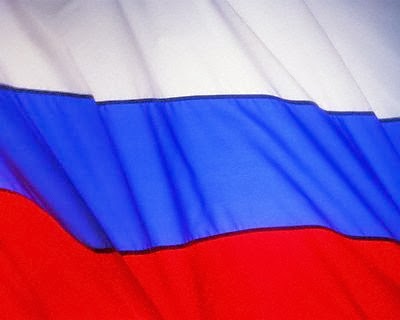By Brody Levesque | MOSCOW -- Russian Prime Minister Dmitry Medvedev has signed an amendment to the law passed last July which forbids same-sex couples from adopting Russian children. The amendment signed by the prime minister includes a bar on adoptions by "those in a same-sex union recognized as a marriage and registered in accordance with the law of states (nations) in which such marriage is allowed, and also citizens of such states (nations) who are not married."
The amendment, which is dated February 10 but was posted on the Russian government's website Thursday, states that it is intended to "help improve the procedure for transferring children without parental care to families of Russian and foreign citizens, and to protect the rights and interests of these children."
While some Kremlin watchers have suggested that the wording may not necessarily bar married heterosexual couples from countries that allow same-sex marriage to adopt Russian children, a spokesperson for the Putin Administration told LGBTQ Nation Thursday that it was in fact a " blanket ban."
An explanatory note that accompanied last year's law said the aim was to "protect children's psyche and consciousness from the potential undesirable effects of artificial exposure to unconventional sexual relationships, and also from forming the complexes, mental suffering and stresses that research by psychologists suggests often affect children of same-sex parents."
The language of the amendment does not list nor mention countries by name. Same-sex marriage is currently legal in 15 countries. Couples or individuals from the United States have been banned from adopting Russian orphans under a law named for Dima Yakovlev. That law was passed in December 2012 by the Duma (Parliament) and took effect January 1, 2013. It is informally named after a Russian orphan adopted by a family from Purcellville, Va., who died of a heat stroke after being left in a parked car for nine hours.
The law was also passed in partial retaliation for the American Magnitsky Act, which imposes a visa ban and asset freezes on Russians implicated in human rights violations.
Russian law had previously allowed unmarried Russian or foreign citizens to adopt after undergoing background checks.






















0 comments:
Post a Comment